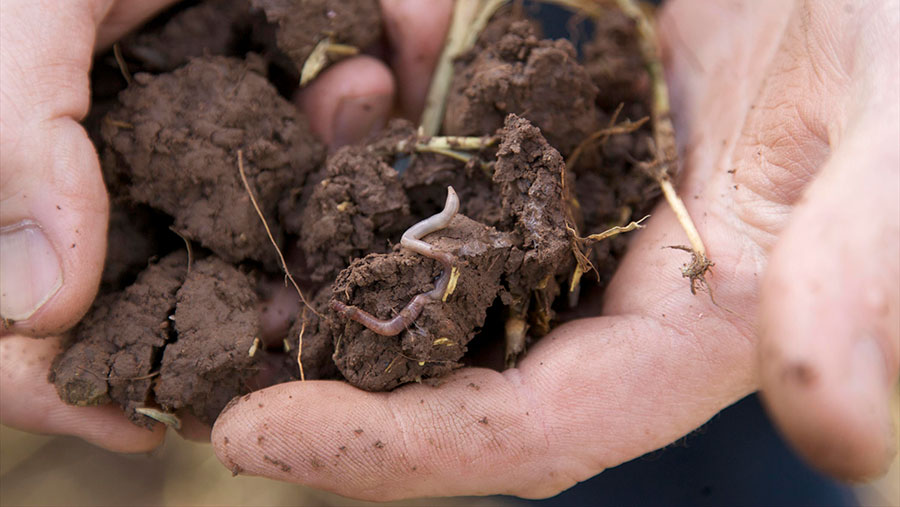Show more ambition in ELM to support better soils, Defra told
 © Tim Scrivener
© Tim Scrivener Defra must show more ambition in its support for healthy soils as the foundation for sustainable food production in its Environmental Land Management (ELM) schemes, industry leaders say.
Cross-party MPs from the Environment, Food, and Rural Affairs (Efra) committee, who have launched a parliamentary inquiry into the links between good soil health and agriculture across England, held a second evidence session at Westminster on Tuesday 9 May.
James Robinson, an organic dairy farmer based in Cumbria, and Richard Bramley, chairman of the NFU’s Environment Forum, were among those asked how the government’s ELM schemes will help meet its target of having 60% of all agricultural soils under sustainable management by 2030.
See also: Will arable farmers opt for Sustainable Farming Incentive?
Mr Robinson said the two soil standards included in the Sustainable Farming Incentive (SFI) were a “good start, to get people’s foot on the ladder” towards promoting good soils, but the ambitions had “fallen a long way short”.
He suggested Defra should adopt a more joined-up, whole-farm approach to its SFI soil standards, linking them with other standards such as the hedgerow standard, and offer top-up payments for participating farmers.
‘Follow the science’
Pippa Chapman, a soil scientist and professor of biogeochemistry at Leeds University, said the design of ELM needed to follow the science and combine options more logically so they improved soil health and worked for individual farmers.
“A more structured approach to measure soil health and to find the practices that are appropriate for each soil type…the advice for which options to choose and the combination of options that work for your farm type and location, I think that’s missing, really,” added Prof Chapman.
Mr Bramley also runs an arable farm near York that was one of 850 farms taking part in the SFI pilot.
He said Defra should establish a “baseline” on soils to help farmers better understand their individual soil health.
He agreed with Prof Chapman that there should be more recognition and practical advice for the hundreds of different soil types across farms.
James Woodward, sustainable farming officer at Sustain, lamented Defra’s decision to drop plans for a Soil Health Action Plan for England.
“That’s probably a missing tool in having that sustainable soils management target,” he said.
